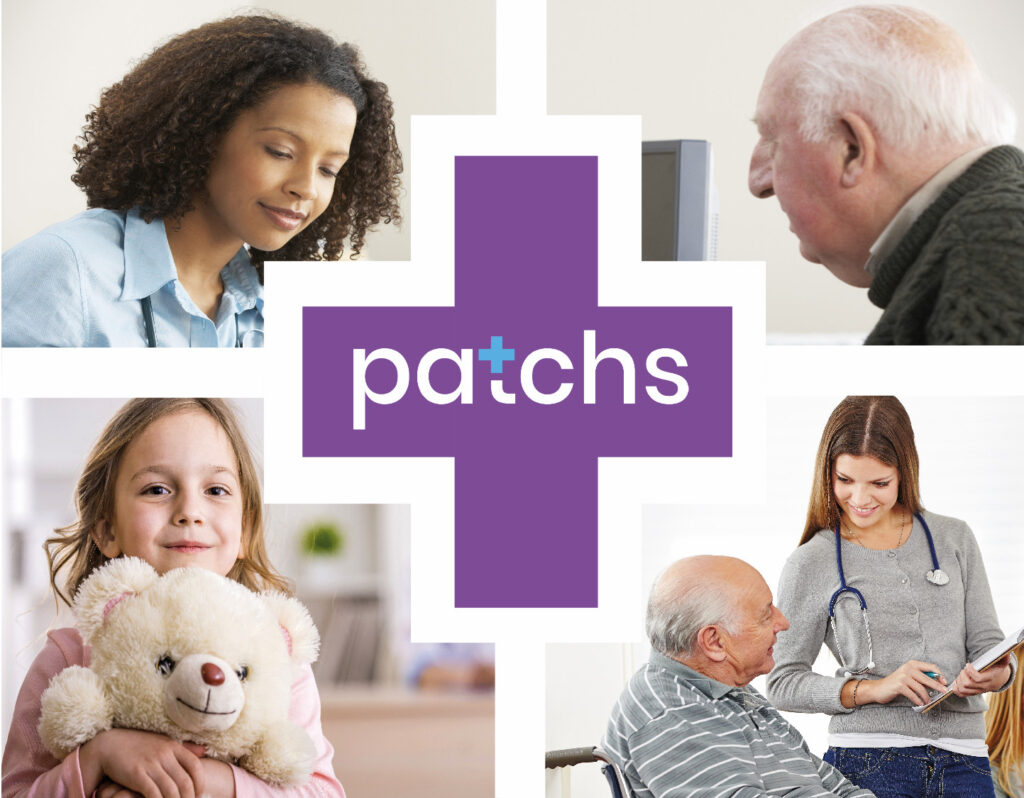AI online consultation system could slash GP waiting times from three weeks to three hours, Advanced reveals

PATCHS enables GP practices across England to conduct patient consultations entirely online, prioritise patients based on clinical need, and reduce their workload
An AI online consultation system could slash GP waiting times from three weeks to just three hours, Advanced has revealed. Working with Spectra Analytics and The University of Manchester, the British software provider has developed a way for GP practices to handle large volumes of patients more efficiently.
PATCHS enables patients to contact their GP from their practice website or smartphone, dramatically reducing the pressure on phone lines and reception teams as well as eliminating the need for most patients to attend the practice in person. In doing so, it means patients with urgent requests can get through to their practice on the phone faster, while GPs can manage non-urgent requests online in their own time based on clinical priority. PATCHS’ triage and workflow functionality enables practices to handle hundreds of requests simultaneously, allowing practice staff to prioritise and signpost patients to the right care provider in real-time, thus reducing their workload.
Staff can use PATCHS for bulk, ad-hoc, and two-way messaging to patients, as well as online questionnaires to support long term condition management and annual reviews. In addition, integration with existing clinical systems enables automatic patient registration, note filing and SNOMED coding.
Patients that previously struggled to communicate with their GP practice over the telephone or in person can now communicate in their own time, and in over 30 languages using PATCHS’ language translation functions. Non-digital patients also benefit as practice staff have more time to support them and can submit requests on their behalf through PATCHS.
PATCHS is used in GP practices across England including Langworthy Medical Practice in Salford. The practice processes around 160 requests each day, for a population of 20,000 patients, and has reduced waiting times from three weeks to three hours on average.
Dr Benjamin Brown, a GP partner at Langworthy Medical Practice and researcher at The University of Manchester, comments: “Since the start of the Covid-19 pandemic, all GP practices have been expected to provide online consultations. Unfortunately, a rush to adopt online consultation systems has left many GP practices with outdated solutions that are unable to deliver value. PATCHS is different, and has transformed the way we handle patient demand.
“In my practice, we used to have back-to-back appointments with patients but no effective triage procedures. Patients would often get face-to-face appointments when they didn’t need one, and everyone would get 10 minutes regardless of how simple or complex their problem. Now we spend most of our time communicating with patients via PATCHS, as 75% of consultations can be managed without face-to-face, telephone or video contact. Most PATCHS consultations take anywhere from one to eight minutes, giving us time to spend helping patients with more complex problems.”
Following its success, PATCHS has this week been accredited for the new Digital First, Online Consultation and Video Consultation (DFOCVC) Framework, which aims to deliver the NHS’ commitments to support online consultation in general practice. All GP practices will now need to choose an experienced and qualified supplier from the framework.
Ric Thompson, Managing Director – Health & Care – Advanced. “There’s no doubt the past year has brought more than its fair share of challenges but there have been some silver linings. At Advanced, we touch almost every part of health and care with our technology, so in many cases we have been helping our customers deal with some of these the challenges.
“We’ve seen remarkable results through innovation in primary healthcare and at a scale no one could have imagined. PATCHS is a great example, and its accreditation for the DFOCVC Framework confirms it meets the criteria set by NHS England. Even during the height of pandemic, the system has enabled GPs to conduct patient consultations entirely online, prioritise patients based on clinical need, and reduce their workload.”





